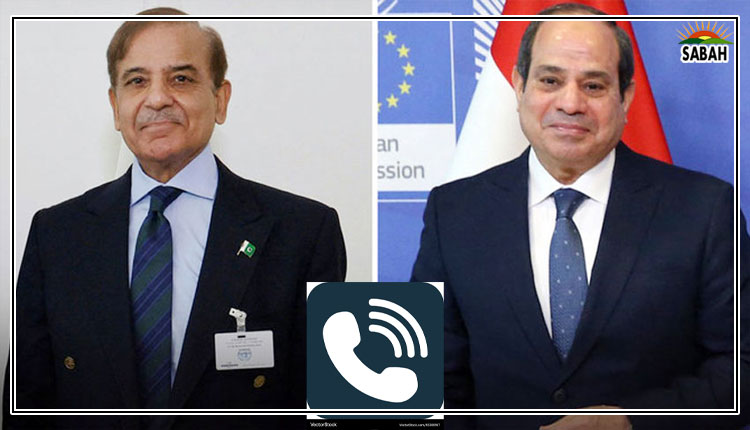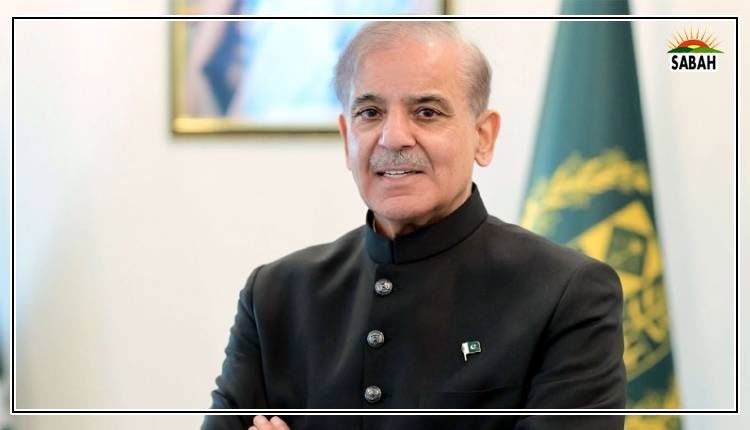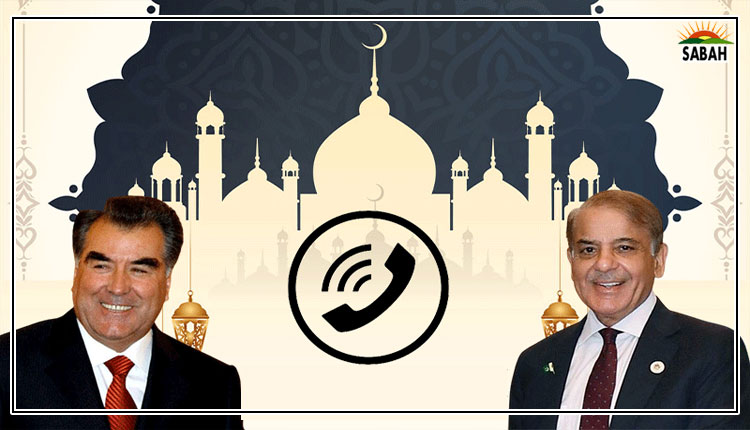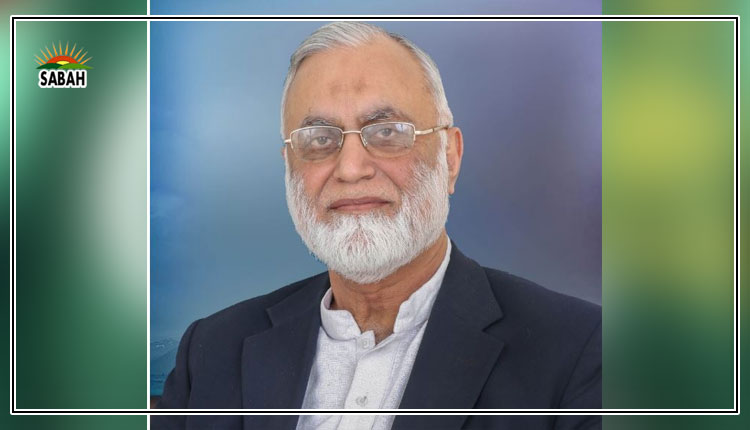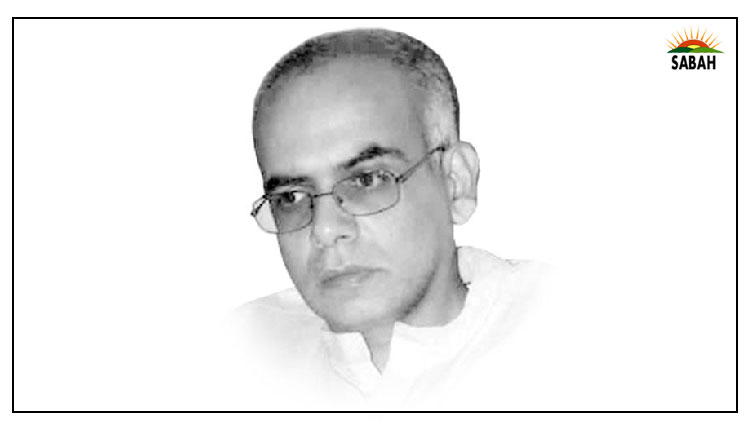The Pakistani version of populism…. Syed Mohammad Ali
The idea of populism is neither new nor is its use exclusive to Pakistan. However, all populist leaders spin their own distinct version of a populist narrative to harness public sentiment within a specific context and at a specific time.
The current manifestation of populism within Pakistan is distinct from its earlier versions, especially that exercised by ZA Bhutto, who blended right-wing and left-wing rhetoric during the 1970s to propel himself to power, despite the loss of Bangladesh. Imran Khans populism is considered more divisive.
To some extent, all politicians and political parties aim to articulate unique solutions to major public problems such as deprivation, insecurity or lackluster growth. However, populist leaders articulate narratives which purposefully create a corrosive political atmosphere. Hence, the phenomenon of populism is not only about the popularity of a given leader amongst ordinary citizens. Populist narratives are meant to trigger an emotional response and solicit support from the public feeling disgruntled with major political parties, the establishment, or even with given ethno-religious or minority groups. There can thus be varied versions of populism ranging from anti-elite populism to ethno-populism and religious populism. Some forms of populism are also an amalgam of these different elements.
Most populist leaders focus little on delivering effective governance. Instead, they amplify and leverage public discontent towards real or perceived influential groups in the bid to secure power for themselves. Trump, for instance, had claimed that he would drain the swamp despite being a beneficiary of the status quo himself, and he also often described American problems in xenophobic terms.
Khans brand of populism blends elements of anti-elitism, anti-imperialism and disgruntlement with the establishment, while he himself is a product of these same forces. Khan promised to change Pakistan by taking power away from corrupt leaders, yet he had to woo many of the electables who had formed the backbone of his opponent parties, to win elections.
Once in power, Khan deflected attention away from his own governments inadequacies and chose to pursue a very narrowly crafted accountability drive to undermine political rivals. He bemoaned the debt trap of international lending agencies, and the opaqueness of Chinese investments in Pakistan. Yet, he was quick to approach the IMF after assuming power, and he did nothing to alter the top-heavy implementation of CPEC projects.
As a Prime Minister, Khan did pay attention to social welfare, health and environmental issues. Yet, these efforts were piecemeal and many other lofty promises of changing Pakistan for the better remained unrealised. His disastrous attempt to create a single national curriculum for schools threatened to increase myopia instead of alleviating inequalities within the education system.
Like his predecessors, Khan also used the religion card to further his own ambitions. He aimed to selectively champion the cause of Muslim persecution in India, and in the West. Yet, he remained silent about the alleged Chinese persecution of Muslim Uyghurs and the persistent persecution of religious minorities within Pakistan itself.
While he was recently very critical of the assault against journalists, and decried the brutal murder of Arshad Sharif, his own government had also severely clamped down on the media.
Once his political opponents managed to orchestrate his ouster, Khan decided to use the ace card of growing anti-American sentiment in Pakistan. He inflated the significance of a bilateral diplomatic exchange to portray it as evidence of an imperialist conspiracy which had overthrown him for his pursuit of independent foreign policies to bring back a corrupt and compliant government.
Unfortunately, Pakistan, like many other countries in our region and beyond, faces a choice between imperfect leaders. Lets see who comes to assume the helm of affairs after the next general elections, and whether this new leader will be able to do a better job of ensuring justice and inducing the much-needed tsunami of change, which ordinary citizens in the country are so desperate to witness.
Courtesy The Express Tribune, February 24th, 2023.


